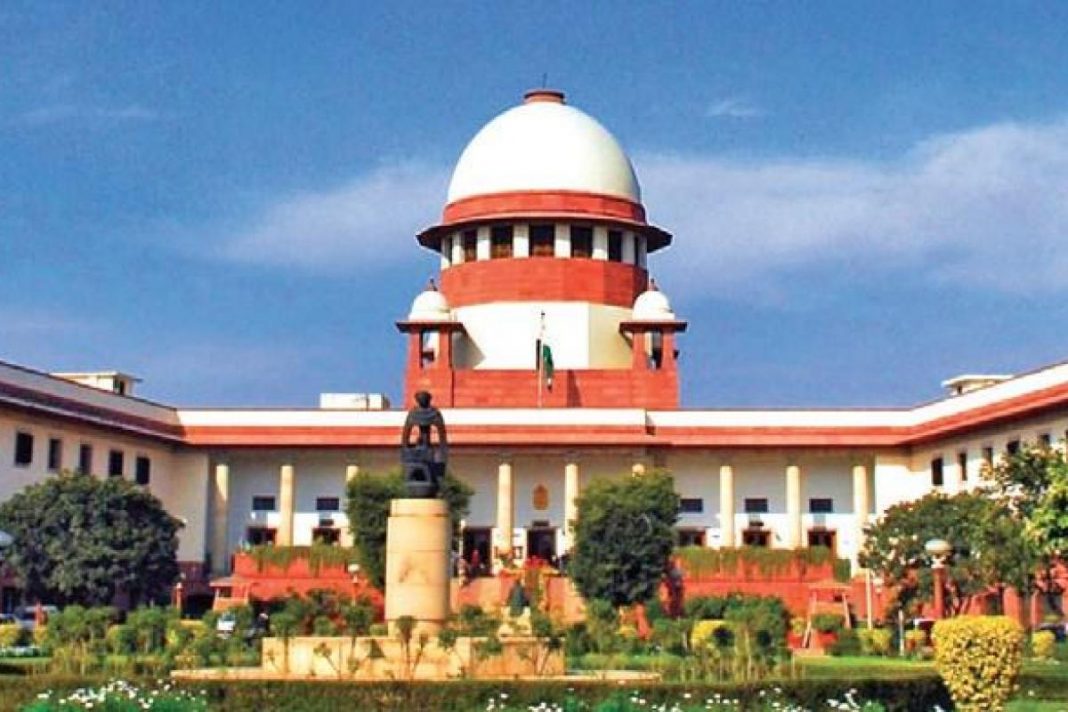The Supreme Court bench comprising Justices D.Y. Chandrachud and Justice M.R. Shah deferred the hearing till 15.04.2021 in the plea filed by “Forum for peoples collective efforts (FPCE)” challenging the constitutional validity of the “West Bengal Housing Industry Regulation Act 2017.”
The petitioner has contended that the West Bengal Government refused to implement RERA and enacted its own law the West Bengal Housing Industry Regulation Act 2017, which has caused irreparable loss to home buyers.
During the hearing today, Justice D.Y. Chandrachud was of the view that State law can be repugnant to the central law in two ways vis-a-vis 1) When the state government makes laws contrary to the central law and 2) when the state government tries to make similar provision.
Senior Advocate Rajesh Dwivedi appeared for the state of West Bengal and submitted that there is no inconsistency between the state enacted law and unions enacted law except for Section 41 and 42 of the state law which provides for “The State Advisory Council” which will make rules targeting the specific problems of the West Bengal. And the rule made by this authority will be in addition to the rules made by the central and not in derogation to the rules of central.
He further submitted that the Central law is not exhaustive to target the problems of West Bengal and they are general in nature and cannot target the problems of every state on account of uneven development of every state.
On the previous hearing the two-judge bench headed by Dr. Justice D.Y. Chandrachud and Justice M.R. Shah had observed that it doesn’t matter whether there’s an overlap or no overlap because if parliaments intend to occupy a field, then you cannot legislate at the state level at all. The Court was hearing the submissions made by parties involved in the matter.
The Counsel for the petitioner had submitted that the requirement of Article 254(2) to obtain the assent of the President of India has not fulfilled while enacting the impugned State Act.
Justice D.Y. Chandrachud said, under article 254, even if the state law has received the presidential assent it will to the extent of repugnancy prevail over the central government does not prevent parliament from subsequently enacting a law, by granting presidential assent parliament is not deprived of its power to legislate again and overwrite the state act.
Read Also: Supreme Court puts out fresh guidelines for entrants in court premises
Petitioner had further mentioned that Maharashtra Housing Regulation and Development Act 2012 were substantially similar but that was repealed by RERA under section 92. So far as Kerala is concerned that also has Kerala Real Estate Regulation and Development Act 2015 which was repealed by Kerala itself in 2017. Jammu and Kashmir Real Estate Regulation and Development Act also stood repealed by Jammu and Kashmir Reorganize Act.


